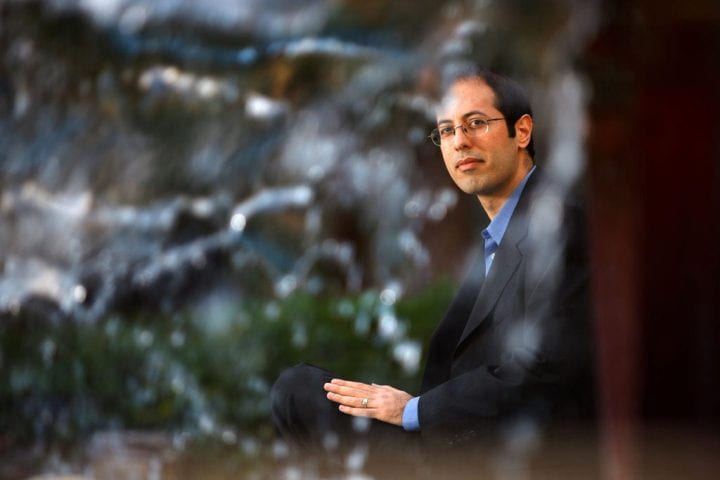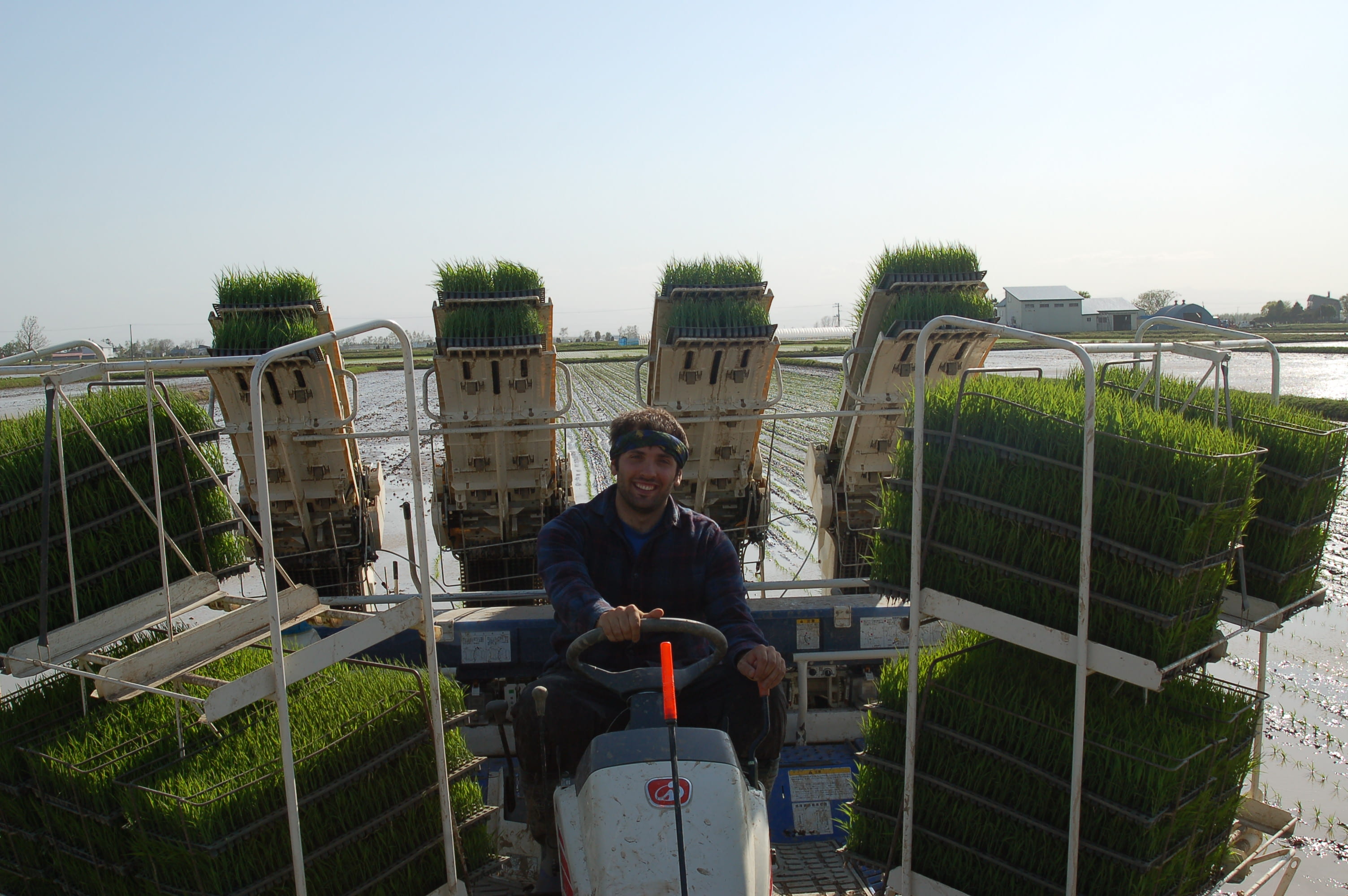Fellowship winner is engineering a better future
Doctoral candidate gauges infrastructure vulnerability to natural disasters.

On the night of June 20, 1990, 8-year-old Behrouz Shafei was up late watching soccer on TV when his world suddenly convulsed. A 7.4 magnitude earthquake centered some 150 miles from his home in Tehran claimed more than 40,000 lives.
“It was my first inspiration to study natural hazards,” Shafei says. “Like California, Iran is a high-seismic area. I wanted to contribute to society in a meaningful way that crosses borders and nationalities. Natural disasters do not recognize manmade boundaries.”
So after earning a bachelor’s degree in civil engineering and a master’s in structural engineering at the University of Tehran, he moved halfway around the globe in 2007 to pursue a doctorate in UC Irvine’s Department of Civil & Environmental Engineering.
“The United States – and California, in particular – leads in cutting-edge earthquake research,” Shafei notes. “It has been an honor for me to work with Distinguished Professor Masanobu Shinozuka, a world-renowned expert in earthquake and structural engineering.”
Shafei is studying effective methodologies to assess the safety and sustainability of infrastructure such as water distribution systems, highway bridges and critical buildings.
“When aging infrastructure is subjected to a natural disaster, the risks are magnified,” he says. “Simultaneously, modes of damage due to less extreme environmental stressors need to be investigated.”
His endeavors recently were honored with a $10,000 Public Impact Fellowship. Established by Graduate Division Dean Frances Leslie, the award supports UCI doctoral students whose current research could have substantial impact in the public sphere and significantly improve or enrich the lives of Californians, national and global communities.”
“Even more than the money it provides, I like the title of the fellowship,” Shafei says. “It means: ‘Your research benefits society.’ That’s what really makes me happy, because my main goal is to help others.”
In his first year at UCI, Shafei received the esteemed Henry Samueli Fellowship for scholastic excellence. He also garnered the 2011 James D. Cooper Best Paper Award for a project on reliability analysis of highway bridges under multiple hazards.
“Behrouz has always put extra energy and effort into his research and academic performance,” says Shinozuka, his faculty adviser. “The outcome of his work can significantly enhance the resilience and sustainability of infrastructure systems around the country and, potentially, worldwide.”
That seems all the more imperative in the aftermath of Japan’s deadly quake and tsunami. “The tragedy makes me even more faithful to my research,” Shafei says. “It’s a reminder that we must be prepared for multiple disasters. We can’t concentrate only on earthquakes and forget other natural hazards, just as we can’t concentrate on buildings and forget bridges.”
After completing his Ph.D., he plans to continue his academic career as a postdoctoral scholar at UCI. “I enjoy the diverse community here,” Shafei says. “I have lots of good friends and wonderful colleagues.” Among them is his wife, fellow civil & environmental engineering researcher Azadeh Alipour, who relocated from Iran with him.
No one could ever accuse the couple of having little in common. Alipour and Shafei toiled side by side over their dissertations – until she beat him to a doctorate by a few months. They collaborate on various departmental projects.
“We’re always discussing our work,” Shafei says. “Even when we go to the beach and promise each other that we will not talk about our research, we end up talking about it. But we both love what we do, so it’s all good.”
